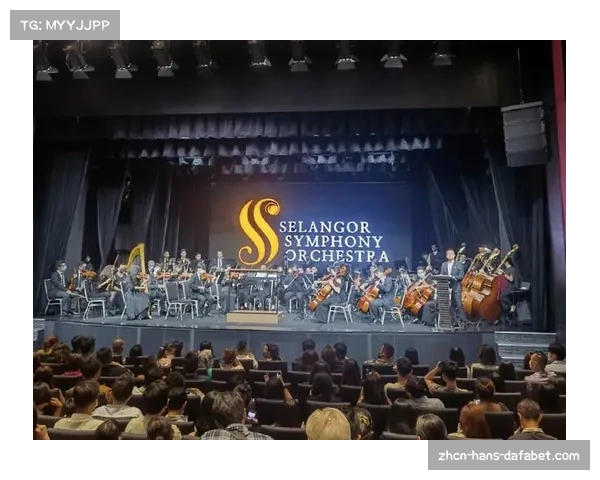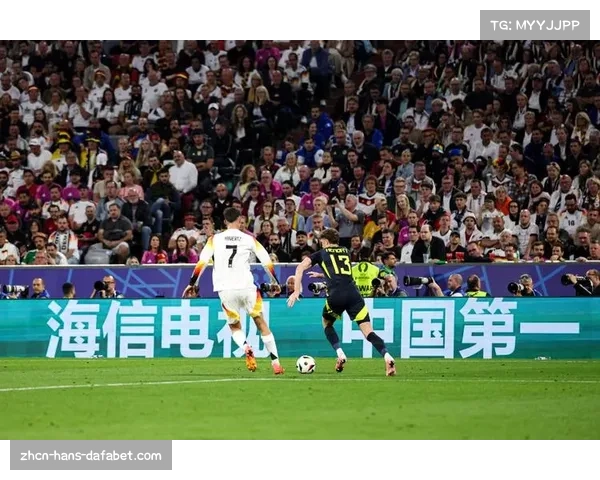An article summary:
Following a recent revelation by Tianjin media, several national football team players have reportedly experienced emotional breakdowns after matches, with accusations directed at the head coach for tactical errors. This article explores the multifaceted impact of these incidents, highlighting their implications on team dynamics, player-coach relationships, fan sentiment, and the broader implications for Chinese football.
1、情绪崩溃与球队动态
Emotional breakdowns among players can severely disrupt team dynamics. When key players are emotionally compromised, it affects not only their individual performance but also team cohesion. Such incidents often lead to internal conflicts and a breakdown in communication, hindering the team's ability to perform consistently.
Players may struggle with trust issues towards teammates and coaching staff, impacting the team's overall morale and unity. This breakdown can extend beyond the pitch, affecting training sessions and team bonding activities, ultimately reflecting in their competitive results.
Furthermore, the psychological toll on players can manifest in physical fatigue and stress-related injuries, further diminishing their on-field effectiveness.
2、主帅临场指挥与战术调度
The role of a coach's in-game decisions cannot be overstated. Tactical errors or misjudgments by the head coach can directly influence match outcomes and player morale. Players rely on clear, effective guidance during crucial moments, and any deviation from sound tactical planning can lead to frustration and disillusionment.
Players' reactions to these errors vary; some may publicly criticize the coach, while others internalize their frustrations, affecting their mental resilience and focus in subsequent matches. This dynamic creates a challenging environment where trust and confidence in coaching decisions are questioned.
Coaches must navigate these pressures delicately, balancing strategic adjustments with maintaining players' trust and motivation throughout the season.
3、球员与教练关系的变化
The aftermath of emotional breakdowns often strains player-coach relationships. Players may perceive coaching decisions as personal affronts or indicators of incompetence, leading to strained interactions and diminished respect.
Effective communication and mutual understanding between players and coaches are crucial to resolving conflicts and rebuilding trust. Coaches must demonstrate empathy and transparency, acknowledging their mistakes while reaffirming their commitment to the team's success.
Players' emotional well-being hinges on these relationships, impacting their long-term development and commitment to representing their national team.
4、球迷情绪与中国足球的影响
The public scrutiny and media attention surrounding these incidents significantly impact fan sentiment towards the national team and Chinese football as a whole. Fans' loyalty and support are integral to the team's success and broader development of the sport in the country.
Negative perceptions stemming from player dissatisfaction and coaching controversies can lead to reduced attendance at matches, decreased merchandise sales, and diminished sponsorship opportunities. These economic ramifications further complicate efforts to sustain and grow football as a popular sport in China.
Addressing these challenges requires proactive measures from football authorities, including improved player support systems, enhanced coaching education, and transparent communication strategies to rebuild trust with stakeholders.
大发娱乐入口总结:

In summary, the emotional breakdowns among national team players, coupled with criticisms of the head coach's in-game decisions, underscore the complex challenges facing Chinese football. Addressing these issues demands a holistic approach, encompassing psychological support for players, strategic coaching improvements, nurturing positive player-coach relationships, and rebuilding fan confidence. Only through concerted efforts can Chinese football overcome these setbacks and thrive on the international stage.
Ultimately, fostering a supportive and resilient football ecosystem is crucial for the sustainable growth and success of the sport in China.







